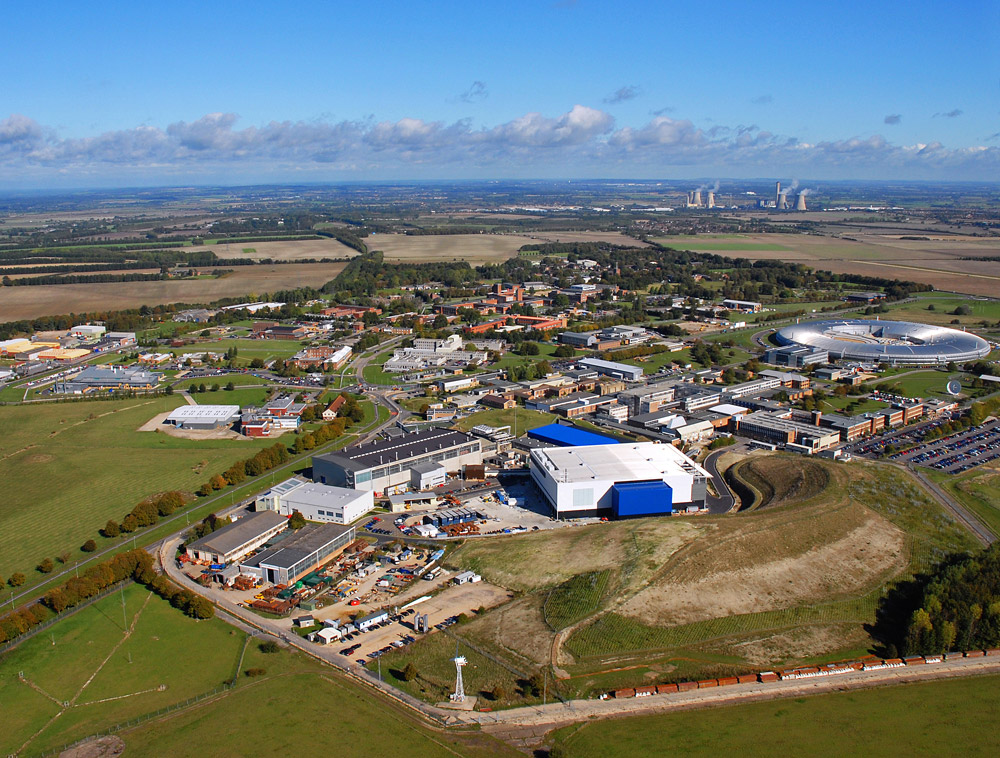In a fast moving subject field, you need your research results to be available to the community as soon as possible.
Now with Faraday Discussions you can have the unedited, unformatted version of your article published shortly after acceptance as an Accepted Manuscript. This new, free service allows you to make your results available to the community, in citable form, before publication of the edited article.
As you may know, Faraday Discussions are quite unique. They act as an international platform for the exchange of views and newly acquired results, and both the papers and discussion from the meeting are published in a final printed volume.
Therefore, Accepted Manuscripts will allow Faraday Discussion articles to be published even before the meeting has taken place – at least 6 weeks earlier than before – this means your work can be published much faster!
Of course, each article will continue to receive the current high-quality, professional editing and formatting service, and once the fully edited Advance Article is published, it will replace the Accepted Manuscript version.
Some frequently asked questions about Accepted Manuscripts can be found below.
What are Accepted Manuscripts?
Accepted Manuscripts are articles which have been:
- Accepted for publication, following the RSC Publishing peer review process
- Published prior to technical editing, formatting and proof reading
In what format does my Accepted Manuscript appear?
- An Accepted Manuscript is published online as a PDF file in the format in which it is received from you.
- Any supplementary material will be available as a separate file(s).
How does my Accepted Manuscript appear in the online article listing?
- Accepted Manuscripts are listed in the Advance Article tab on the RSC Publishing Platform.
- Authors’ names will appear in the form, and order, that they were entered into the online submission system by the corresponding author.
- Once the Advance Article version is published, the author names in the listing will appear as given in the manuscript.
What files do I need to supply before acceptance?
- Information about the required file formats will be supplied to you at the same time as you receive the referees’ comments on your manuscript.
- Submission using the RSC’s article template is encouraged but not required.
- Where text and image files are received separately they will be collated for publication by an RSC Publishing Editor.
What happens to my article once it has been published as an Accepted Manuscript?
Once an article has been published as an Accepted Manuscript:
- It will first be edited and formatted by a professional team of Technical Editors.
- A pre-print will then be prepared for circulation to delegates who have registered to attend the Faraday Discussion.
- A proof will sent to you for checking after the Faraday Discussion has taken place.
- The Accepted Manuscript will be replaced by the fully edited, formatted and proof-read Advance Article as soon as possible after the meeting.
Are Accepted Manuscripts the final scientific article of record?
No. Articles published as Accepted Manuscripts are not the final scientific version of record. The Advance Article version of the article represents the final scientific article of record.
How do I cite an Accepted Manuscript?
- Accepted Manuscripts can be cited using the Digital Object Identifier (DOI®), which is printed in the left-hand margin of each page of the manuscript.
- The DOI for each manuscript will be retained once the fully edited Advance Article is published.
- Any citations to the Accepted Manuscript will link to the final version.
Does my article have to be published as an Accepted Manuscript?
No. You have the opportunity to opt out of having your manuscript published as an Accepted Manuscript before it is accepted. Therefore not all Faraday Discussion articles will be published as Accepted Manuscripts.
When is the official publication date of my manuscript?
The official publication date of your article will be the date when the Accepted Manuscript version is published.
Can my Accepted Manuscript be published before the RSC’s “Licence to Publish” is completed?
No. A completed “Licence to Publish” must be received before your article can be published.
Will pre-prints of all the articles still be available before the Faraday Discussion meeting?
Yes. All articles to be presented at the Faraday Discussion will be available to all registered delegates, both in print and electronically, in the same way as before (these are sent out approximately 4 weeks before the meeting).
For further information about Accepted Manuscripts please contact the Editorial office.
Comments Off on Faraday Discussions Accepted Manuscripts
















